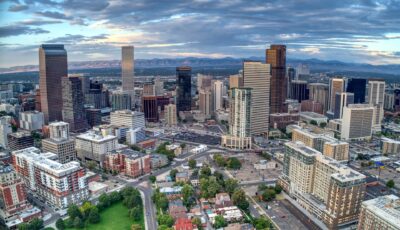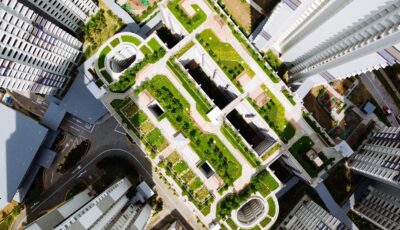Urban energy leaders to gather in Vancouver this week

GLOBE-Net, May 11, 2015 – Vancouver will play host this week to one of the most important gatherings of world experts on sustainable cities.
Renewable Cities Global Learning Forum is a new program of Simon Fraser University’s Centre for Dialogue. While this program is less than a year old, it builds on the Centre’s last five years of experience working with Canadian municipalities on low-carbon solutions and policies.
As a first step in a 5-year program, a Global Learning Forum will take place at the Four Seasons Hotel in Vancouver, from 13-15 May, 2015.
Leaders from municipalities and government, the private sector, and civil society will participate in small group capacity building sessions and join the global movement for 100% renewable energy and energy efficiency in cities.
The Global Learning Forum takes place over three days and the event launches with “Powered by PechaKucha” evening event to showcase the cultural shift to 100% renewable energy in cities.
Globally, cities are growing rapidly and municipal governments are being challenged to adapt to changing demands for energy, infrastructure, and space.
Over the next two days, participants will have access to small group capacity building sessions that are expertly facilitated as well as panel discussions. Outside of the Forum, networking and optional site visits to Vancouver’s cleantech and RE installations will take place.
Capacity building sessions make up the core of the Global Learning Forum. These sessions take three main forms: Knowledge Mobilization, Peer-to-peer, and Intent-to-action.
Throughout these sessions, participants will share their own experiences while learning from other leaders working in cities, utilities, businesses, NGOs, and researchers on the challenges of implementing renewable energy and energy efficiency in cities. The sessions have been developed through the lenses of legislation, building political will, finance, and technology with an eye on themes that cut across these fields.
Renewable Cities
Over 50% of the world’s citizens and more than 80% of Canadians live in urban environments. Globally, cities are growing rapidly and municipal governments are being challenged to adapt to changing demands for energy, infrastructure, and space.
As providers of energy services to the majority of the world’s population, cities are uniquely positioned to accelerate the transition to energy efficiency and renewable energy. The goal of expanding renewable energy uptake is intertwined with other objectives in increasing efficiency and enhancing livability.
Supporting the transition to 100% Renewable Energy
Renewable Cities aims to accelerate the adoption of 100% renewable energy within cities globally and recognizes that an integrated approach to energy efficiency and urban design is required.
Many cities have made major strides in improving energy efficiency and conservation, as well as implementing renewable energy. A few cities, including Reykjavik, Iceland, have achieved 100% renewable heat and electricity status, while many others, including Malmo, Sweden, Vancouver and San Francisco, have committed to the goal of reaching 100% renewable energy by 2020.
Despite some early “shining lights,” very few cities have integrated renewables into both heating and electricity supply and none have shifted to 100% renewable energy-powered transportation systems.
While progress has been made in the first decade of this century, more momentum is needed for a global movement towards renewable cities.
The five-year program that has been co-designed with leaders in local government, the private sector, key innovators and thought leaders, and utilities. With reductions in consumption and energy system transformation, Renewable Cities can become a reality.
The Renewable Cities Program
While cities and the services they provide are designed around people, they don’t always provide the social, health, economic, and environmental outcomes that residents demand. People are the heart of a city and their needs should be met without compromising present and future quality of life.
There are many different efforts that have emerged that strive for cleaner and more livable urban environments—smart, resilient, and regenerative cities. Renewable Cities seeks to build on this existing leadership in creating sustainable and livable communities that are committed to 100% renewable energy.
The goal of expanding renewable energy uptake is intertwined with other objectives in increasing efficiency and enhancing livability. To be a Renewable City is to recognize the holistic approach to land use planning, urban design, infrastructure, and transportation, water, food, and waste systems with energy and demand management.
Full details on this week’s Program are available here







